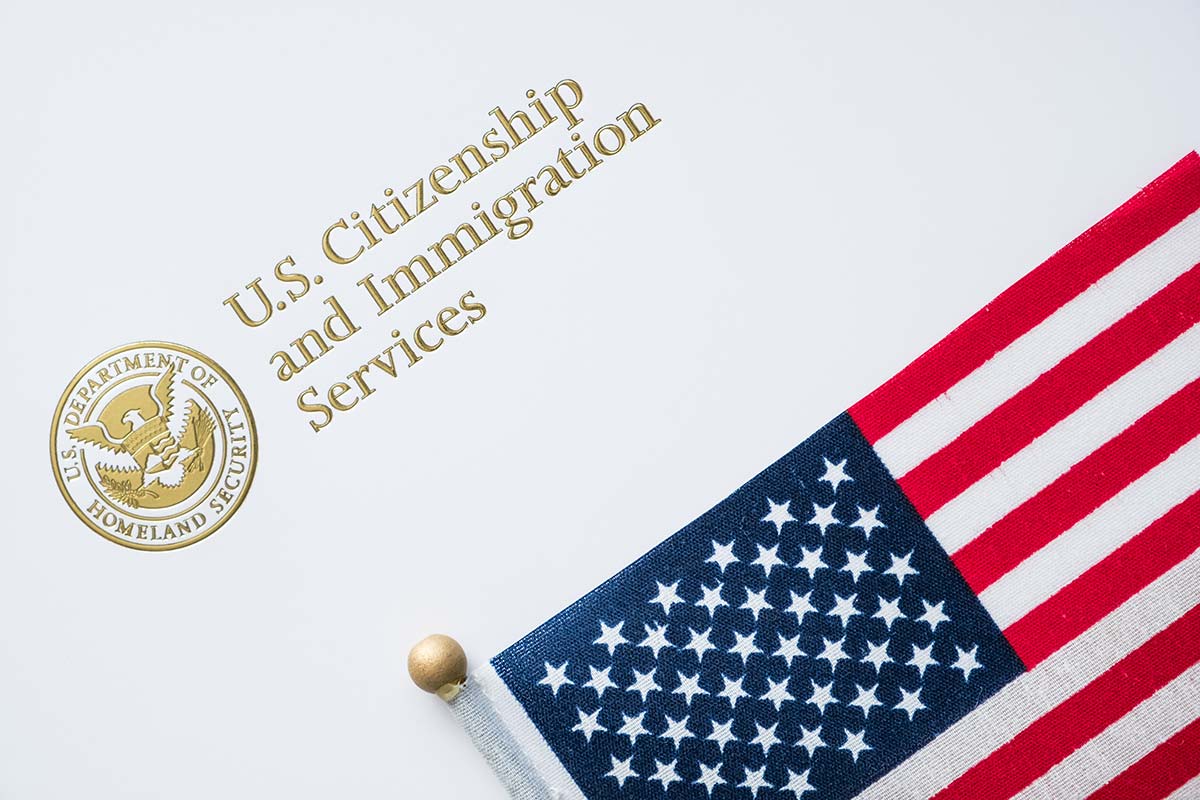The Department of Homeland Security (DHS) published a proposed rule in the Federal Register on November 2, 2020 that would fundamentally alter the selection process for H-1B visas. Currently, U.S. Citizenship and Immigration Services (USCIS) operates a random selection lottery to select the registrants to apply for H-1B visas. The proposed rule would replace this system with a wage-based selection process, meaning that preference would be given to higher-paying positions.
Current Selection Process for H-1B Cap-Subject Petitions
USCIS places an annual numerical limit on the number of H-1B visa issues for foreign workers. Currently, Congress has set this cap at 65,000, with an additional 20,000 visas for workers with advanced degrees from American colleges or universities. While in the past, USCIS had chosen petitions that far exceeded the annual limit, this practice ended in 2020.
USCIS randomly chooses registrations from the pool of registrants to meet these numerical caps. At the registration level, registrants do not submit any wage information. If chosen by USCIS, the registrant then can enter the full application process for an H-1B visa.
Background Leading Up to the Proposed Rule
The Trump administration issued a proclamation in June 2020 that limited the entry of H-1B visa holders to the U.S. through December 31, 2020 and charged various federal agencies with making new rules to ensure that the H-1B visa process was not posing a disadvantage to American workers. In October 2020, the Department of Labor (DOL) issued interim rules that placed severe limitations on the H-1B visa program. One rule significantly raised the wage structure used for the H-1B visa application process. This rule substantially increased the level of required wages for H-1B visa workers across most industries. However, various parties have challenged this rule in court; the case remains pending in federal court.
Likewise, the interim rules redefined the H-1B employer and employee relationship to strictly limit the positions available for H-1B visa workers. The rules also narrowed the jobs that qualify for the H-1B specialty occupation visa. These changes only contributed further to the limitations placed on the H-1B visa program.
The Proposed Rule
Under the proposed rule, USCIS would rank and select registrations for the H-1B visa process based on four wage levels as established by DOL wage data, the industry, and the geographical area. USCIS would prioritize registrants for Wage Level 4 positions, which is the highest wage level for those positions based on experience, or those who are “fully competent.” The lowest prioritized positions would be Wage Level 1 positions, which contain the lowest entry-level salary for that position. Wage Levels 2 and 3 would represent “qualified” and “experienced” worker positions, respectively.
Based on its own data, USCIS estimates that none of the H-1B visa registrants would be for Wage Level 1 positions. This would likely inhibit the ability of employers to fill a range of positions with H-1B workers and essentially disqualify workers just starting out in their careers. It also would create a disincentive for American-educated foreign students to remain in the U.S., as there will be no opportunity for them to move into entry-level positions. Additionally, small and medium-size businesses likely will be cut out of the H-1B visa process altogether, as they may be unable to afford the wage levels set by the DOL.
As a result, large employers who can afford to pay top market-rate wages are likely to benefit most from the new proposed rule. All in all, the rule is likely to dramatically reduce the number of prospective H-1B visa workers that employers can access.
The 30-day comment period for the proposed rule ended on December 2, 2020. DHS intends to have the new rule in place in time for the next H-1B visa registration period, which is scheduled to open in March 2021.
Get the Legal Advice that You Need Today
Here at LBE Law Firm, we offer legal advice and representation in a wide variety of legal cases, including immigration law matters. We advise individual and business clients through various immigration processes, including the procurement of H-1B visas, Investment, Specialty Occupation and Employment based visas, such as E1/E2/E3 and EB-1s,and family-based visas. Furthermore, we regularly handle bankruptcy, family law, and other general legal matters for our clients. Contact our office today at +1.424.273.5501 (call, text, or WhatsApp) or via email at info@lbelawfirm.com.


